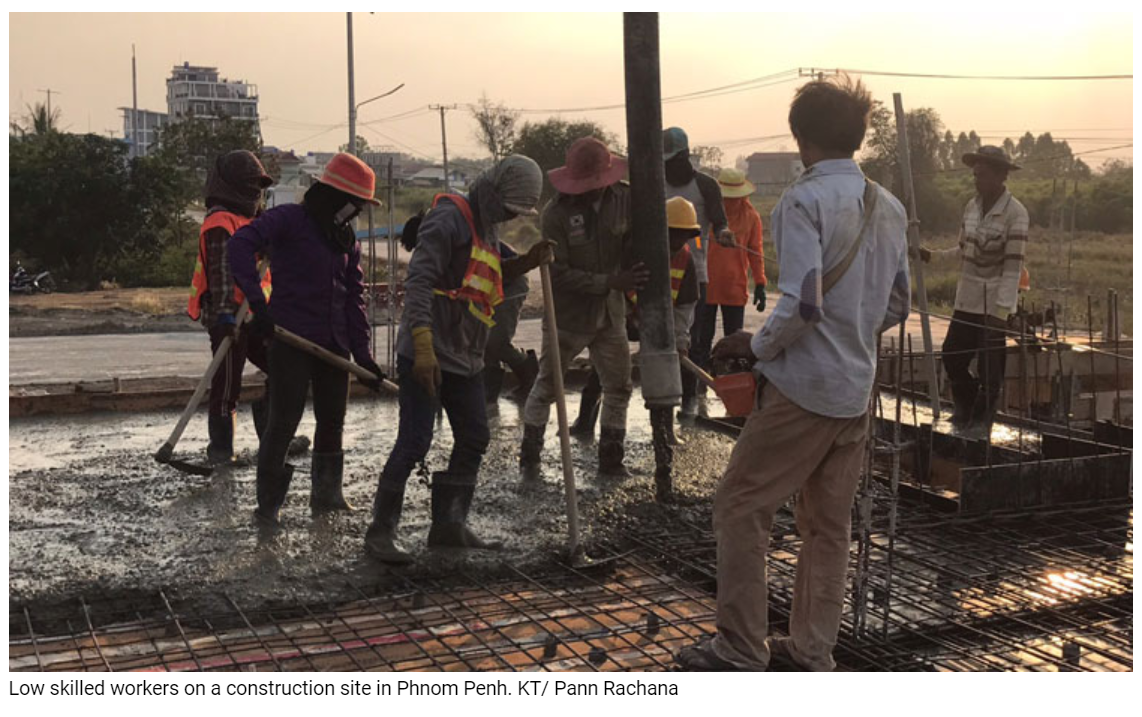Cambodia – IMF: Gov’t needs to address long-lasting employment
Economic data released this week by the International Monetary Foundation (IMF) shows that the long-lasting effects of five previous pandemics and their economic shocks have much worse effects on the employment prospects for workers with low levels of educational attainment.
“Findings support the claim that the five major pandemics of this century have raised income inequality and hurt employment prospects of those with only a basic education while scarcely affecting employment of people with advanced degrees,” the IMF said.
The five previous pandemics that were included in the study were SARS (2003), H1N1 (2009), MERS (2012), Ebola (2014) and Zika (2016).
“Our results show that pandemics have had vastly disparate impact on the employment of people with different levels of educational attainment, one indicator of skill levels,” the foundation said
“The disparity is stark: Relative to population, the employment of those with advanced levels of education is scarcely affected, whereas the employment of those with only basic levels of education falls sharply, by more than 5 percent at the end of five years,” they added.
In response to the pandemics’ effects on vulnerable workers the Cambodian government has previously told Khmer Times that they have earmarked $350 million to those most in need.
The Ministry of Economy and Finance spokesperson Meas Sok Sensan advised that the funds have been reserved for vulnerable groups affected by the economic fallout from COVID-19.
However, he did not state what the exact distribution amount to each affected person would be.
“The Royal Cambodian Government has been working with various ministries to develop their response to assist vulnerable and informal workers, during the COVID-19 pandemic. My ministry has been partnering with the Ministry of Planning and exploring the potential use of the national ID Poor card programme, as an easy and efficient means of delivering much-needed stimulus,” Sok Sensan said.
However, the IMF has recommended that regional governments look at using this economic crisis as an opportunity for mass reform.
“Governments should use this opportunity for change where informal work and self-employment are pervasive and social protection systems are scant,” they recommended.
“Expanding social assistance systems, introducing new transfers, boosting public work programmes to offer job opportunities, giving financing opportunities to sustain employment and progressive tax measures all are likely to be part of the policy mix to take the edge off the devastating distributional consequences from the pandemic,” they added.
Source: https://www.khmertimeskh.com/50722552/imf-govt-needs-to-address-long-lasting-employment/


 English
English




